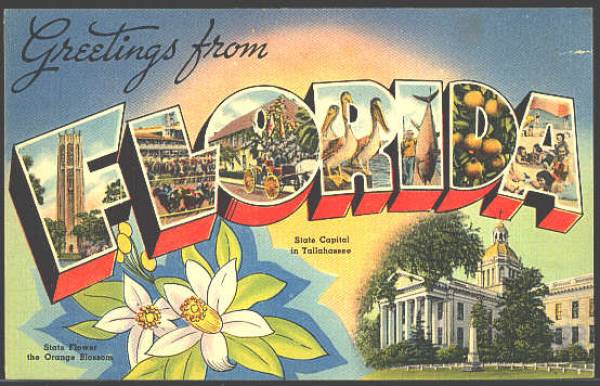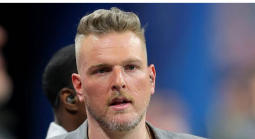Florida's Gambling Growth Fuels Legislative Push

TALLAHASSEE, Fla. — (Associated Press) - South Florida has frequent flights from around the country, Latin America and Europe visitors by the millions each year and Indian casinos that perform better than those in most other states. On top of that, the weather is terrific.
So it's not surprising that two of the world's largest gambling companies are lobbying in Tallahassee for the fourth straight year, hoping to persuade political leaders to pass laws to allow Las Vegas-style casinos in Broward and Miami-Dade counties — or at least let voters decide on whether they should be allowed.
Such casinos would go beyond the slot machines, poker, black jack and other card games the state permits at the Seminole Tribe of Florida's casinos to include craps, roulette, keno and all the other games allowed in Nevada. The tribe has seven casinos, including the popular Hard Rock casinos in Tampa and Hollywood.
"It's basically all there," said Andy Abboud, vice president of government relations for Las Vegas Sands Corp., which is making a play to establish a large casino in South Florida. "You have some of the top casinos by poker table counts, and the Hard Rock (casinos) are two of the most successful casinos in history."
Senators are debating a bill (SB 7052) that would broaden the state's gambling base by letting Las Vegas Sands and Malaysian-based Genting Group compete
A bill in the House (HB 1383) is more restrained and relies on the creation of a gambling authority and voter approval for almost any moves expanding gambling in the state.
"We clearly need more overhaul of the regulations," said state Rep. Rob Schenck, R-Spring Hill, the author of the measure. "That's the thing behind the bill."
It's a fight that has made allies of tourism giants like Walt Disney World, the Seminoles and social conservatives, who want to block the expansion of gambling — and some South Florida legislators, who see casinos as an economic boon.
The Florida Indian casinos, including the smaller Miccosukee tribe's casino outside Miami, had the largest growth among their peers in hotel, dining, entertainment revenue in 2011 at 23 percent compared to 4.7 percent growth nationally, the most recent figures available from Casino City's Indian Gaming Industry Report.
If this year fails to produce meaningful changes in Florida law, some speculate that the casino interests could take their game to a more receptive state.
"If we are successful again this year (at blocking expansion), at some point I have to wonder if the people who are pushing these bills will figure out that the people of Florida don't really want this and go someplace else with a bigger appetite for this," said David Hart, executive vice president of the Florida Chamber of Commerce, which is among the foes of expanded gambling.
Or maybe not.
"Genting is not a group that is leaving Florida," said Brian Ballard, a lobbyist for the multinational corporation. It paid $420 million to buy 30 acres overlooking Biscayne Bay in Miami, including the Miami Herald's old building. "Genting has invested millions of dollars in commercial development in South Florida and cutting back spending is not even a question that I want to touch."
State Sen. Jack Latvala, R-Clearwater, this month in a committee hearing derided the Seminole situation as a "monopoly that a sovereign nation has" on Florida's gambling industry, a sentiment popular among those favoring a reworking of gambling in the state. Latvala supports the measures that would rewrite Florida's gambling laws in hopes of diversifying gambling revenue.
Gov. Rick Scott is currently renegotiating the state's agreement with the Seminole Tribe, which guarantees the state a slice of revenue that will hit $234 million next year, when part of the deal expires.
Part of the state's 4-year-old deal with the Seminoles gives the tribe the right to be the sole operator of casinos that can offer table games like black jack, pai gow and baccarat. In return, it now pays at least $233 million a year to the state. The accord explicitly states that if the Legislature permits casino gambling in Miami-Dade or Broward counties, the Seminoles can decrease their payment.
"If that exclusivity is broken, the state risks losing a lot of money," said Alan Meister, an economist with Nathan Associates, which tracks Indian gambling and is the author of the Casino City study. "The state has been operating very successfully with the tribe. "
Abboud, of Las Vegas Sands, said his company has been involved in gambling legislation in a number of other states, including Texas, Nebraska and Kentucky and run into "the exact same thing" the company has encountered in Florida.
He's convinced, though, that Floridians want more gambling.
"They see it everywhere and think, 'Why wouldn't we do this in Miami?' " Abboud said. But elected officials are not connecting with their constituents on this one.
"The Legislature has moved forward in realization that it had to do something," he said. "That doesn't mean it's going to get done."













